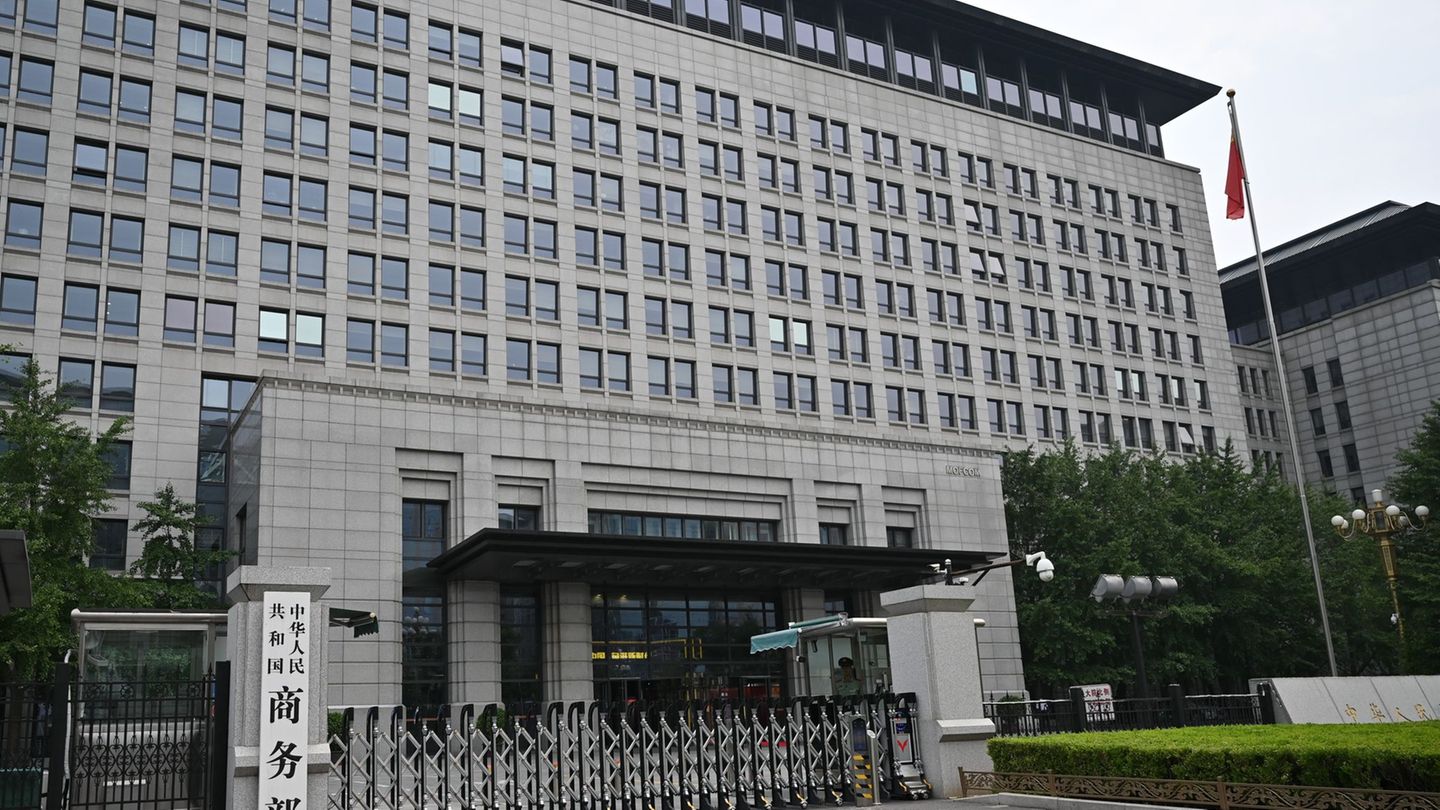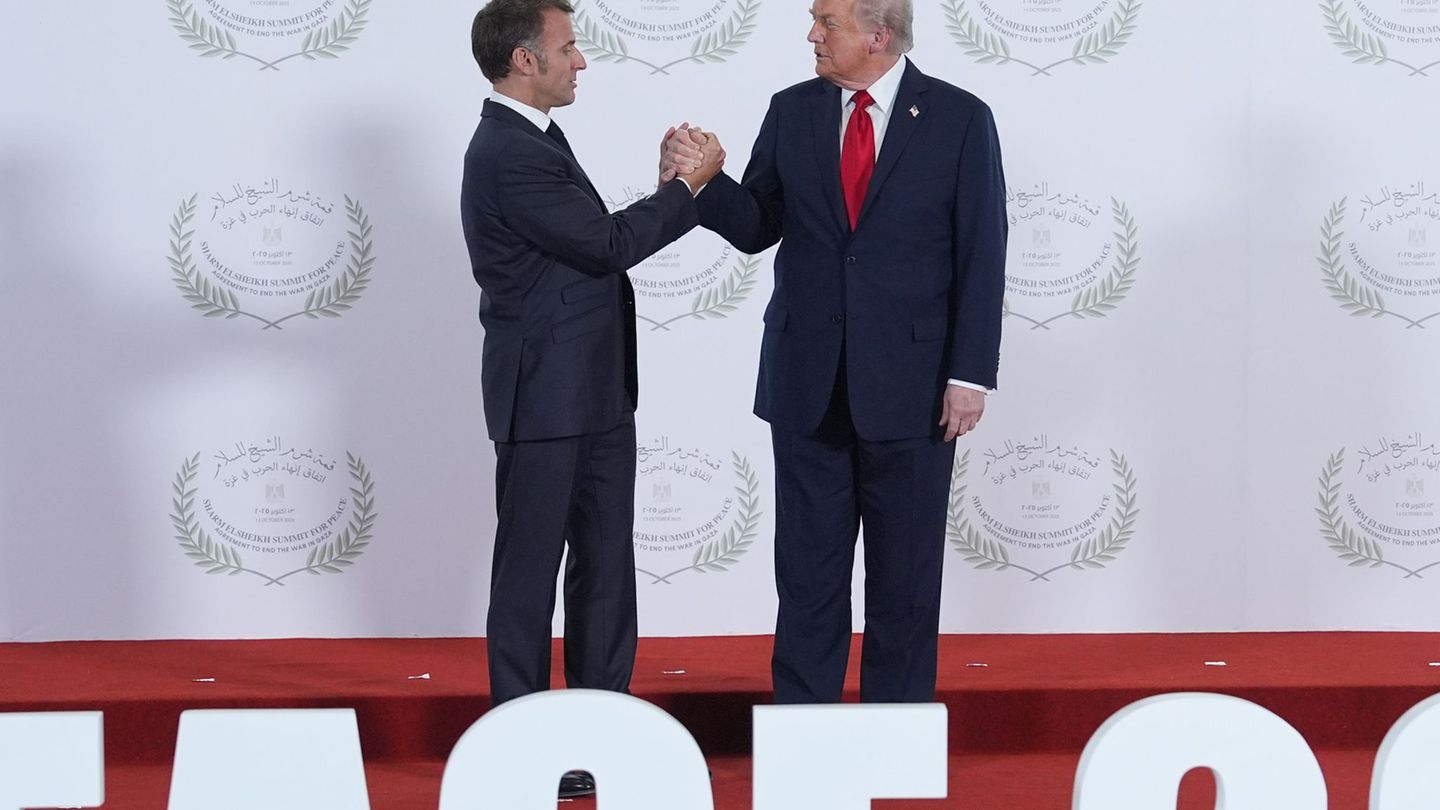Experts believe that these drugs could generate annual global sales of around $150 billion (€138 billion) by the early 2030s. Just a year ago, the highest sales estimates were in the range of $100 billion. “It’s very unusual for a drug to capture the imagination of millions of people,” says Michael Kleinrock, senior research director at market research institute IQVIA. Last year, IQVIA estimates that global spending on obesity drugs amounted to $24 billion and could reach $131 billion by 2028.
There has been a real hype for some time about the obesity drugs that are said to have helped Tesla boss Elon Musk and reality star Kim Kardashian lose weight. The Wegovy weight-loss injection from Novo Nordisk ensures a longer feeling of satiety and, according to study data, leads to an average weight loss of around 15 percent when combined with a change in diet and exercise. The drug belongs to the class of so-called GLP-1 agonists, which were originally developed to treat type 2 diabetes. In addition to Novo Nordisk, the US pharmaceutical company Eli Lilly is also in the running with the drug Zepbound. Other drugs are in development.
Most health insurers do not cover the new therapies. In Germany, they are completely excluded from reimbursement by statutory health insurance companies because drugs for regulating body weight are considered so-called lifestyle drugs. The treatment costs several hundred euros a month, but according to Kleinrock, more and more people are willing to pay for the drugs out of their own pocket. The drug manufacturers hope for reimbursement in the future and have published further study data that are intended to prove the health benefits and medical benefits of the weight loss injections.
“High consumer demand”
According to Kleinrock, whether the sales volume of 131 billion dollars will be achieved also depends on how long patients use the weight loss injections, whether the drugs will also be used to treat other illnesses in the future and can therefore be reimbursed by health insurance companies. The expansion of production, which the manufacturers are currently working on, should also provide a significant boost. For both Wegovy and Zepbound, supply is still limited due to the high demand.
BMO Capital Markets now estimates that annual sales of weight-loss drugs will reach $150 billion by 2033, compared to a previous forecast of over $100 billion in the early 2030s. Leerink predicts annual sales of as much as $158 billion by 2032. “There is high consumer demand and unmet medical need,” says David Song, portfolio manager of the Tema Obesity & Cardiometabolic ETF. “More than 100 million Americans are obese, and even more are overweight. There are estimates that nearly a billion people are obese worldwide.”
My themes
For your bookmarked topics
new articles found.
info By clicking on the icon you add the keyword to your topics.
info
By clicking on the icon you open your “my topics” page. You have of 15 keywords saved and would have to remove keywords.
info By clicking on the icon you remove the keyword from your topics.
Add the topic to your topics.
Source: Nachrichten




